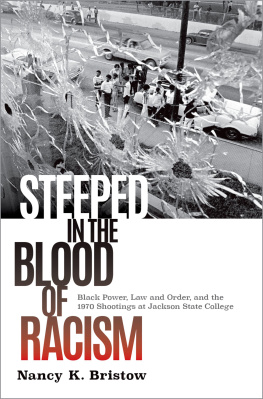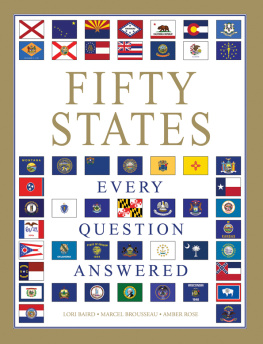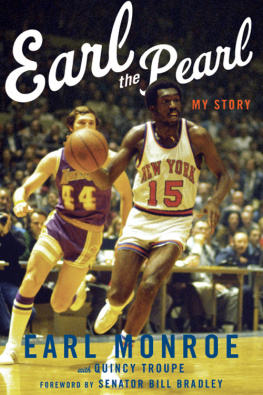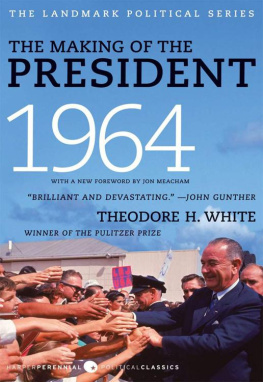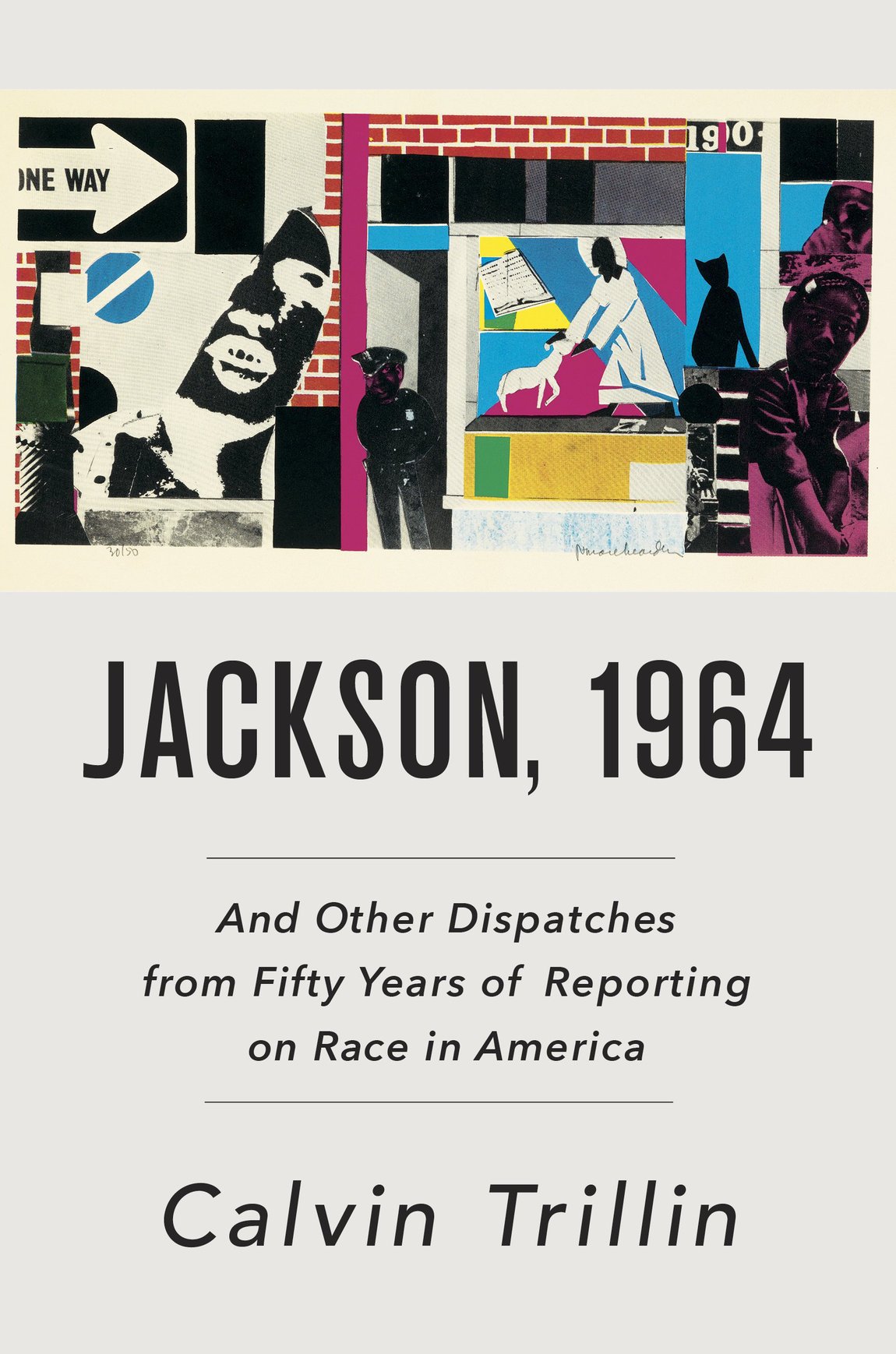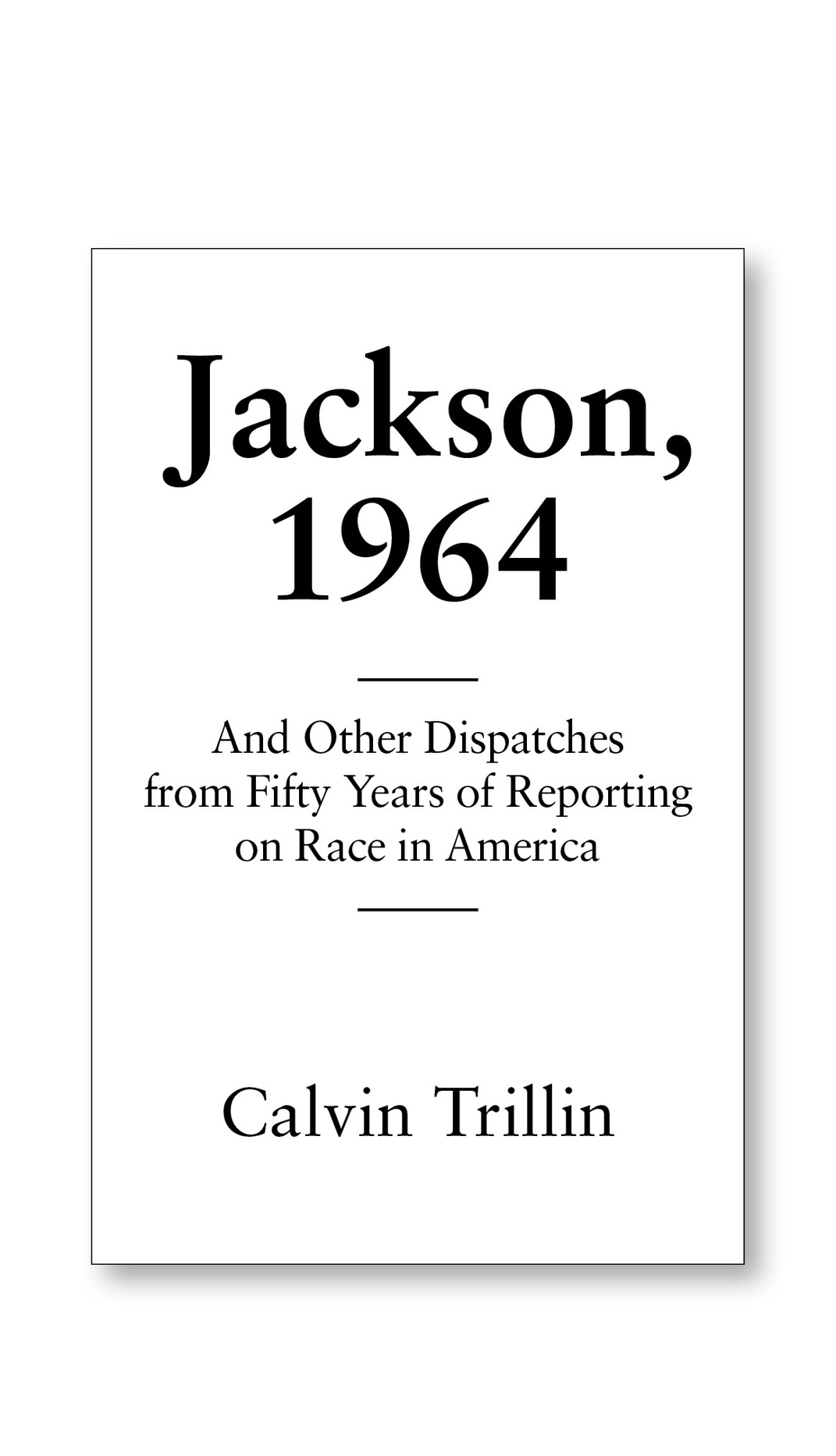We offer to read an annotation, description, summary or preface (depends on what the author of the book "Jackson, 1964: and other dispatches from fifty years of reporting on race in America" wrote himself). If you haven't found the necessary information about the book — write in the comments, we will try to find it.
Introduction -- Jackson, 1964 (Jackson, Mississippi, 1964) -- The Zulus (New Orleans, Louisiana, 1964) -- During The Thirty-Third Week of National Guard Patrols (Wilmington, Delaware, 1968) -- A Hearing : In the Matter of Disciplinary Action Involving Certain Students of Wisconsin State University Oshkosh (Oshkosh, Wisconsin, 1968) -- Doing The Right Thing Isnt Always Easy (Denver, Colorado, 1969) -- Categories (Provo, Utah, 1970) -- G.T. Millers Plan (Luverne, Alabama, 1970) -- Not Super-Outrageous (Houston, Texas, 1970) -- Victoria Delee : In Her Own Words (Dorchester County, South Carolina, 1971) -- Kawaida (Newark, New Jersey, 1972) -- Causes and Circumstances (Seattle, Washington, 1975) -- The Unpleasantness at Whimseys (Boston, Massachusetts, 1976) -- Remembrance of Moderates Past (1977) -- Black or White Louisiana (1986) -- The Color of Blood (Long Island, New York, 2008) -- State Secrets (Mississippi, 1995).;From bestselling author and beloved New Yorker writer Calvin Trillin, a deeply resonant, career-spanning collection of articles on race and racism, from the 1960s to the present In the early sixties, Calvin Trillin got his start as a journalist covering the Civil Rights Movement in the South. Over the next five decades of reporting, he often returned to scenes of racial tension. Now, for the first time, the best of Trillins pieces on race in America have been collected in one volume. In the title essay of Jackson, 1964, we experience Trillins riveting coverage of the pathbreaking voter registration drive known as the Mississippi Summer Projectcoverage that includes an unforgettable airplane conversation between Martin Luther King, Jr., and a young white man sitting across the aisle. (Id like to be loved by everyone, King tells him, but we cant always wait for love.) In the years that follow, Trillin rides along with the National Guard units assigned to patrol black neighborhoods in Wilmington, Delaware; reports on the case of a black homeowner accused of manslaughter in the death of a white teenager in an overwhelmingly white Long Island suburb; and chronicles the remarkable fortunes of the Zulu Social Aid & Pleasure Club, a black carnival krewe in New Orleans whose members parade on Mardi Gras in blackface. He takes on issues that are as relevant today as they were when he wrote about them. Excessive sentencing is examined in a 1970 piece about a black militant in Houston serving thirty years in prison for giving away one marijuana cigarette. The role of race in the use of deadly force by police is highlighted in a 1975 article about an African American shot by a white policeman in Seattle. Uniting all these pieces are Trillins unflinching eye and graceful prose. Jackson, 1964 is an indispensable account of a half-century of race and racism in America, through the lens of a master journalist and writer who was there to bear witness.Praise for Jackson, 1964Trillins elegant storytelling and keen observations sometimes churned my wrath about the glacial pace of progress. Thats because to me and millions of African-Americans, the topics of race and povertyand their adverse impact on the mind and spiritare, as Trillin acknowledges, not theoretical; theyre personal.Dorothy Butler Gilliam, The New York Times Book Review (Editors Choice) Everything in Jackson, 1964 resonates.... The volume is more than a history lesson. The issues it considerspolice shootings, voter suppression tactics, race-based acts of terrorismseem taken from todays headlines.Dwight Garner, The New York Times With the diligent clarity, humane wit, polished prose and attention to pertinent detail that exemplify Trillins journalism at its best... Jackson, 1964 drives home a sobering realization: Even with signs of progress, racism in America is news that stays news.USA Today These unsettling tales, elegantly written and wonderfully reported, are like black-and-white snapshots from the national photo album. They depict a society in flux but also stubbornly unmoved through the decades when it comes to many aspects of race relations.... The grace Trillin brings to his job makes his stories all the more poignant.The Christian Science Monitor An exceptional collection [from] master essayist Trillin.Booklist (starred review)From the Hardcover edition.;An anthology of previously uncollected essays, originally published in The New Yorker, reflects the work of the eminent journalists early career and traces his witness to the fledgling years of desegregation in Georgia.



